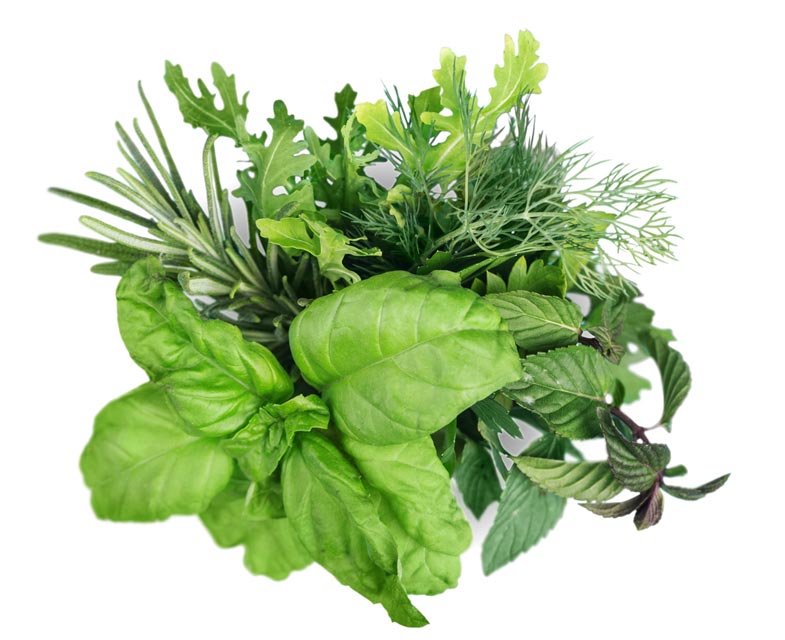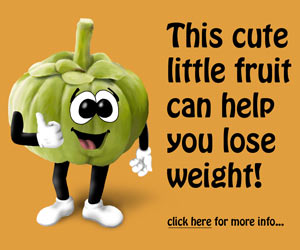
Herbs and spices are fantastic for adding flavor to your cooking, but they're often overlooked as being able to provide nutrients that can support and improve your health. When it comes to heart-healthy diets, adding herbs and spices can not only help you decrease your salt intake, but they can also add critical heart-healthy nutrients to your diet. Here are some great herbs and spices to consider adding to your daily routine as part of your food, in tea, or in supplement form, to help support your heart.
Turmeric Is Heart Healthy
Researchers have found that turmeric, a spice from the ginger family, has many characteristics that can benefit your heart. Here are some of its potential protective benefits:
- Blood-thinning properties may help decrease the risk of stroke.
- May help lower blood pressure.
- Can decrease the risk of atherosclerosis.
You can learn more about the heart health benefits of turmeric here: www.turmeric.com/turmeric-health/cardiovascular-health
Astragalus May Benefit Your Heart
Astragalus, a flowering herb grown mostly in China and Europe, has been used in medicine for thousands of years. Some studies show that this herb may be beneficial to people in heart failure (learn more here: www.astragalus.com/congestive-heart-failure). You can use the dried root form of astragalus to make tea or broth.
Gotu Kola Is a Heart-Healthy Herb
Gotu kola is related to parsley, and it's grown in many parts of Africa and Asia. It has potent antioxidant properties which may support a healthy heart and decrease the risk of heart disease. In one clinical trial, people who took gotu kola extract experienced stabilization of the plaque levels in their arteries (www.gotukola.com/health-benefits/gotu-kola-for-heart-disease-and-strokes).
You can make tea with dried gotu kola leaves or take capsules containing it.
Remember not to begin any supplement without first checking with your doctor.
Milk Thistle Is Good for the Heart
Milk thistle is a flowering plant that has been used throughout history for its many health benefits. It's widely used to support good liver health, but it also has characteristics that benefit heart health.
Milk thistle has been shown to lower LDL, the bad cholesterol, in people who have diabetes and its associated high cholesterol. It can also help decrease the potential liver side effects in people taking statin medications for high cholesterol.
Milk thistle leaves, seeds, roots, and stalks are all edible, and you can cook with them. You can even grind milk thistle and mix it 50/50 with finely ground salt to use as a seasoning, which can help you decrease your salt intake.
Learn more about milk thistle here: MilkThistle.com.
Stevia Can Help Your Heart
Stevia is a sweet herb grown in South and Central America. Studies have shown that its compounds may help lower blood pressure in people with hypertension. It can be used to replace sugar in many recipes; you just have to know a few things. Stevia is sweeter than sugar, so you won't make a 1:1 swap. In fact, using too much can actually make baked goods taste bitter. You can learn more tips and find a great conversion chart here: "Can I Cook with Stevia?"
Stevia can easily be added to your diet by mixing it with coffee or tea or sprinkling it onto diced fruit, cereal, or oatmeal.



